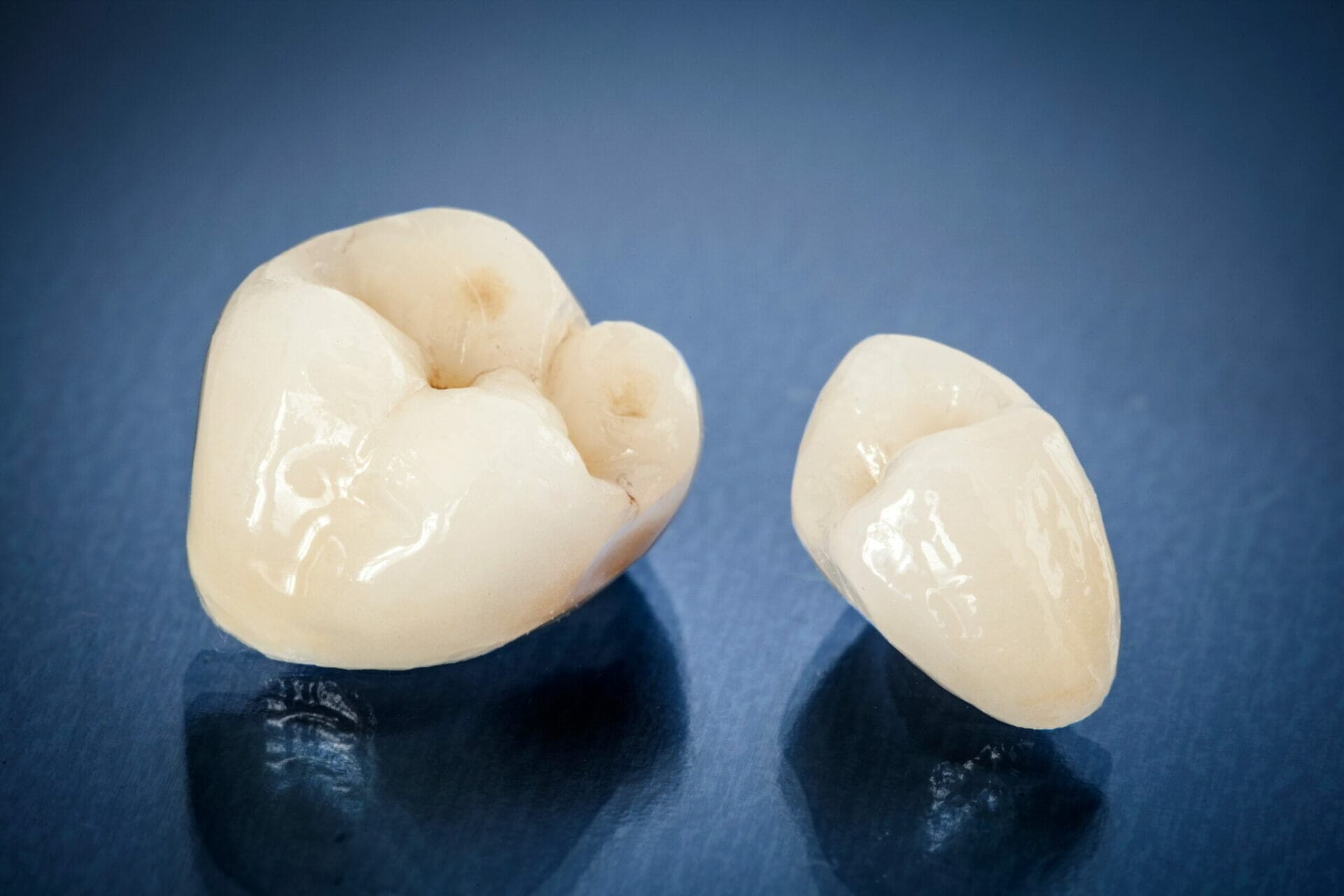
Dental crowns are cemented "caps" that act like a helmet to protect weak teeth. The crown can be made of porcelain, porcelain-fused-to-metal (PFM), or metal alloys including gold alloys. A Dentist will typically recommend a crown under a few circumstances:
So, without further ado, how long do dental crowns last?
Thorough research shows that dental crowns have a high survival rate at 10 years post-treatment. Here are statistics for the different crown types:
So, generally, you can expect that your dental crown will be in good shape at the 10 year mark. However, in clinical practice we see crowns often last 20 years or more. And there are instances of gold crowns lasting 40+ years! Ultimately, the biggest factor determining long-term success of dental crowns is home care and maintenance. So, what can you do to protect your dental crown long term?
Here are a few tips for maximizing the lifespan of your dental crown:
Thanks for reading this week! I hope you've found this brief article helpful!
(If you'd like a more comprehensive read on Dental Crowns, please visit my Definitive Guide to Dental Crowns.
Give us a call at (519) 576-8160 or request a consult with me here. We would love the opportunity to show you what we're all about!
This article is intended to promote understanding of and knowledge about general oral health topics. It is not intended to be a substitute for professional advice, diagnosis or treatment. Always seek the advice of your Kitchener Dentist or other qualified healthcare provider with any questions you may have regarding a dental condition or treatment.
Services
Routine Dentistry & Tooth Repair
Oral Surgery & Tooth Removal
Prosthetic Dentistry & Tooth Replacement
Protective/Preventive Services
Teeth Whitening
Schedule an Appointment Now
